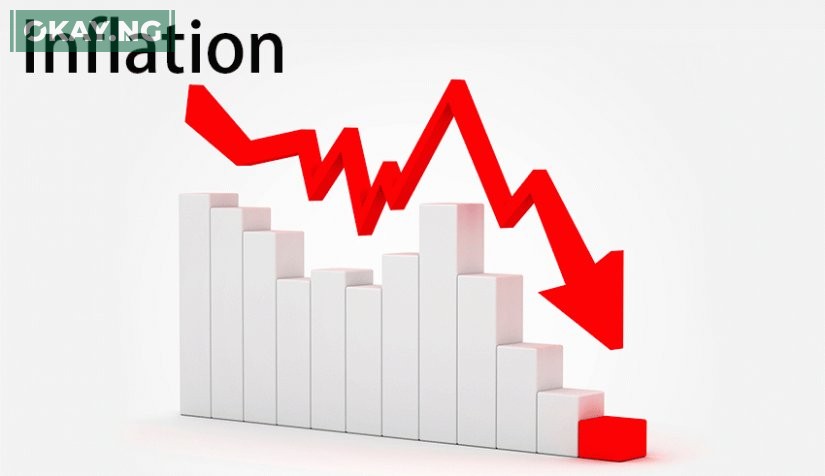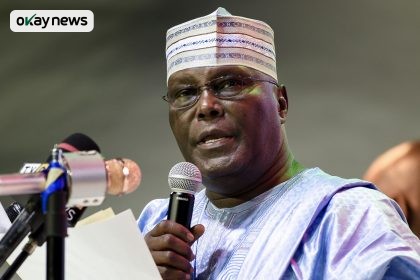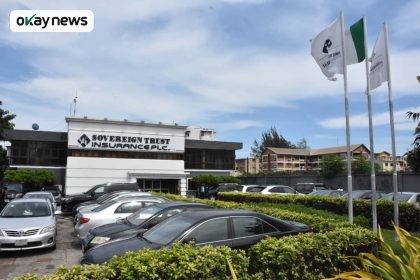Nigeria’s headline inflation rate declined to 22.22 percent in June 2025, marking a modest improvement from the 22.97 percent recorded in May, according to the latest Consumer Price Index (CPI) report released on Wednesday by the National Bureau of Statistics (NBS).
The bureau highlighted that, on a year-on-year basis, the headline inflation rate was 11.97 percentage points lower than the 34.19 percent recorded in June 2024, reflecting a significant cooling in annual inflation pressures.
However, despite the year-on-year relief, monthly inflation saw a slight increase, rising to 1.68 percent in June, up from 1.53 percent in May.
“This means that in June 2025, the rate of increase in the average price level was higher than the rate of increase recorded in May 2025,” the NBS explained.
Food inflation, a major driver of consumer hardship, also showed a sharp year-on-year decline, coming in at 21.97 percent, down significantly from 40.87 percent in June 2024. According to the NBS, this drop is “technically due to the change in the base year”, which has influenced the comparative figures.
But on a month-on-month basis, food inflation accelerated, climbing to 3.25 percent in June, compared to 2.19 percent in May.
“The increase can be attributed to the rate of increase in the average prices of green peas (dried), pepper (fresh), shrimps (white dried), crayfish, meat (fresh), tomatoes (fresh), plantain flour, and ground pepper,” the report stated.
The average annual food inflation rate for the 12 months ending June 2025 stood at 28.28 percent, which is 7.02 percentage points lower than the 35.3 percent recorded during the same period the previous year.
On a state-by-state basis, food inflation varied sharply across the country. Borno (47.40 percent), Ebonyi (30.62 percent), and Bayelsa (28.64 percent) recorded the highest year-on-year food inflation rates. In contrast, Katsina (6.21 percent), Adamawa (10.90 percent), and Sokoto (15.25 percent) had the lowest.
When measured month-on-month, the steepest increases were seen in Enugu (11.90 percent), Kwara (9.97 percent), and Rivers (9.88 percent). Conversely, Borno (-7.63 percent), Sokoto (-6.43 percent), and Bayelsa (-6.34 percent) recorded negative inflation, indicating falling food prices in those states.







